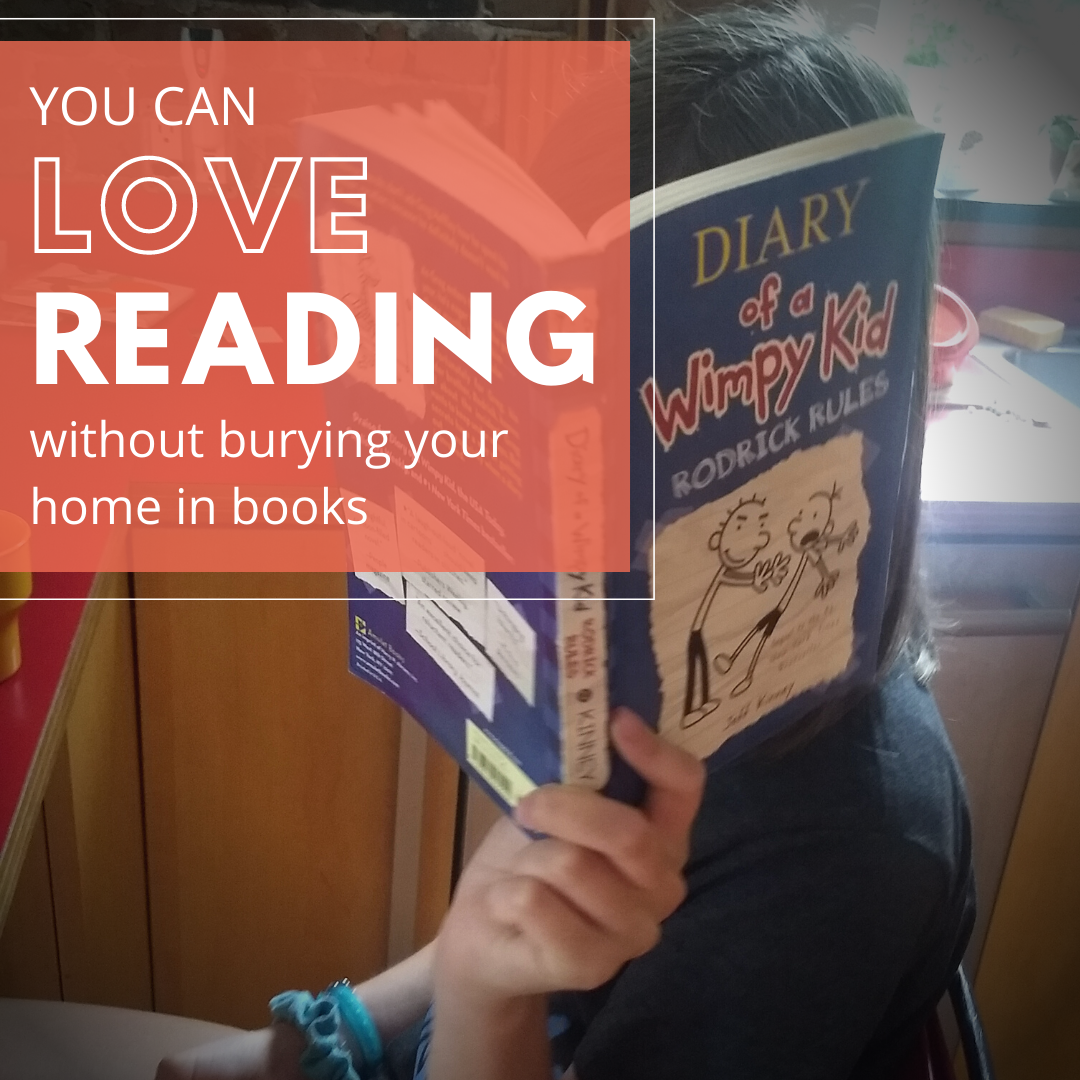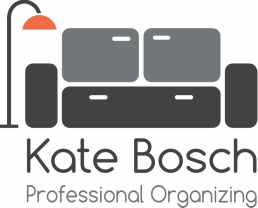|
Do you love books? I do too! Let's tackle the dilemma of how to love books and pass along a love of reading to those around you while avoiding becoming buried by book avalanches in your home.  While many of us love to read, books can become a clutter problem. It sounds lovely to live with a house full of books, but realistically many of us do not have enough shelves, much less a dedicated library, to house a full collection of all that we’ve read. Inspired by a recent client whose need to pare down her book collection due to space constraints conflicts with her love of reading and desire to instill that love in her children, here’s my: Top 10 Ways to Love Reading Without Burying Your Home in Books
2 Comments
Do you struggle with how to be efficient and productive at work? Do you dread meetings because they're torturously long and nothing ever gets accomplished?
My colleague, Maryann Murphy, has written a fantastic book to help you with these common dilemmas: Stop Wasting Your Precious Time. This book should be required reading for any workplace or organization (Hello, schools and nonprofit boards!) that needs to get more done in less time and with less aggravation. I was lucky enough to read an advance copy of the book and I loved it! I started implementing some of her suggestions right away and was able to clear my “Action” file in record time. This is definitely not one of those organizing books that I’m going to find among your piles of clutter, where I usually find the Marie Kondo book or another comprehensive “this-will-change-your-life” organizing book. Maybe you had high hopes when you bought those books, but I think they are overwhelming for most people. Do you need some help and motivation to get you to wrap your head around why decluttering will enhance your life?
Grab Amazon Kindle's Deal of the Day, Joshua Becker's book Simplify for only $0.99! Becker is one of the founders of the new Minimalist movement (check out his blog) and, even if you never desire to be a minimalist, his principles for simplifying your life by deemphasizing possessions so that you can focus on what you really value will change the way you look at your home and the way you live your life. Don't have a Kindle? You can read the book through the free app instead. Want to find out more about how a Kindle can help you be a more organized and productive reader? Check out these two blogs I wrote back in May: How to Avoid a Book Pile-Up An Organized Reader Do you have an old Kindle e-reader (or two?) that you aren't using anymore?
A client of mine recently upgraded to the latest Kindle and wondered if there was a school that could use her older model. I did a little research and came across the Pageturner (formerly the Kindle Classroom Project). San Francisco teacher Mark Isero provides each of his high-school students with a Kindle to instill in them a love of reading and encourage them to become avid readers. Even though Pageturner is based in California, it's pretty easy to ship Kindles because they fit well in a USPS small flat-rate Priority Mail box. Before shipping, just fill out the donation form on Mr. Isero's website and he'll get back to you with the address. One small caveat: he doesn't take the very oldest model Kindles, so check the donation form to see if your model is listed. Don't have a Kindle to donate but still want to support Pageturner? Donate money for books to be added to their Kindle library! Do you listen to podcasts? They make excellent commuting companions and workout buddies because the time seems to fly when listening to something entertaining and educational.
If you want some extra inspiration and information for your organizing journey, try the Keeping You Organized podcast by Smead (maker of innovative home and office organizing products). The podcasts are 15-20 minutes long and cover a wide range of organizing topics such as paperwork, time management, and decluttering. Find the Keeping You Organized podcast in iTunes or on the Smead website. P.S. If you like podcasts, two non-organizing related ones that I enjoy are How I Built This, which profiles entrepreneurs and innovators, and The Way I Heard It with Mike Rowe, which tells surprising stories about people and events you thought you knew. Last week, I posted about my love of reading. Since I love books, you might think my bookshelves would be overflowing. Here are my strategies to keep the books from taking over my space.
e-books from the library!)
to return all the books. Designate a special tote bag for library books so you’ll have a handy way to carry them back and forth as well as a physical reminder to return the books. Nowadays, libraries give you a printed receipt of the books you’ve checked out. Keep that in the bag so you can check the list and make sure you’re returning all the books you borrowed.
be books that you truly love, books that you’ll read again, books that you want to pass down to your children (be selective!), books that are particularly beautiful (beloved art books), and books that you use (reference books such as cookbooks that you actually cook from). Other books, once read, should be considered consumed and ready to pass along to another reader. Stash books to be donated in a paper bag by your door and make a note of a handy donation center (like Savers, Salvation Army, Goodwill, or your local library) that is on your daily route. When the bag is full, bring it out to your car and to the donation center. If you prefer sharing books with friends, pass the book along as soon as you have finished it. Another fun way to redistribute books is through a Little Free Library. Find one in your neighborhood or start your own. Shelves of books can look warm and inviting in a home, but over-filled shelves and piles and stacks of books all over the place are just clutter. Books only have value when they are read*, so keep them circulating by passing them along to others who will read them! *Pick up Roger Duvoisin’s wonderful children’s book Petunia for a gloriously silly way to learn this lesson! As you might imagine, I read a lot of books about organizing. In fact, I love to read and I read a lot of books of all genres: novels, mysteries, classics, thrillers, history books, biographies, self-help books, and more.
Two years ago, I started keeping a list of books I’ve read and was pleased to discover that I read over 50 books per year. According to the Pew Research Center, the average American adult reads 5 books per year, so I guess I would be considered a voracious reader. How do I manage to squeeze in so many books in a year? Here are my top 3 tips: |
Categories
All
Archives
July 2024
|
|
Copyright © 2024 Kate Bosch Professional Organizing LLC
|
Providence, Rhode Island | 401-699-4878
|

 RSS Feed
RSS Feed